-
+86 15030157877
-
sales@galvanizedmetalmesh.com
Juil . 29, 2025 23:40 Back to list
High-Quality Roof Tiles for Durable & Stylish Roofing Solutions
Roof Tiles Industry Insights, Specifications, Manufacturing Process & Application Trends
Roof Tiles have emerged as a pivotal material in modern construction, combining classical aesthetics with advanced performance for residential, industrial, and public projects. This comprehensive report provides a data-driven and professional look at Roof Tiles, covering specifications, technical trends, manufacturing process, application case studies, and authoritative benchmarks backed by global industry standards.
1. Global Roof Tiles Market Trends & Industry Insights
The global Roof Tiles market reached nearly USD 28.3 billion in 2023 and is projected to grow at a CAGR of 6.5% from 2024 to 2028, driven by increased urbanization, infrastructure investments, and a shift towards sustainable, energy-efficient building materials (Source: MRFR).
The demand is particularly high in regions with extreme weather patterns, where enhanced resistance to corrosion, UV, and thermal cycles is critical. Modern Roof Tiles integrate innovations such as advanced surface coatings, self-locking systems, and modular installation, positioning the product at the forefront of construction technology.
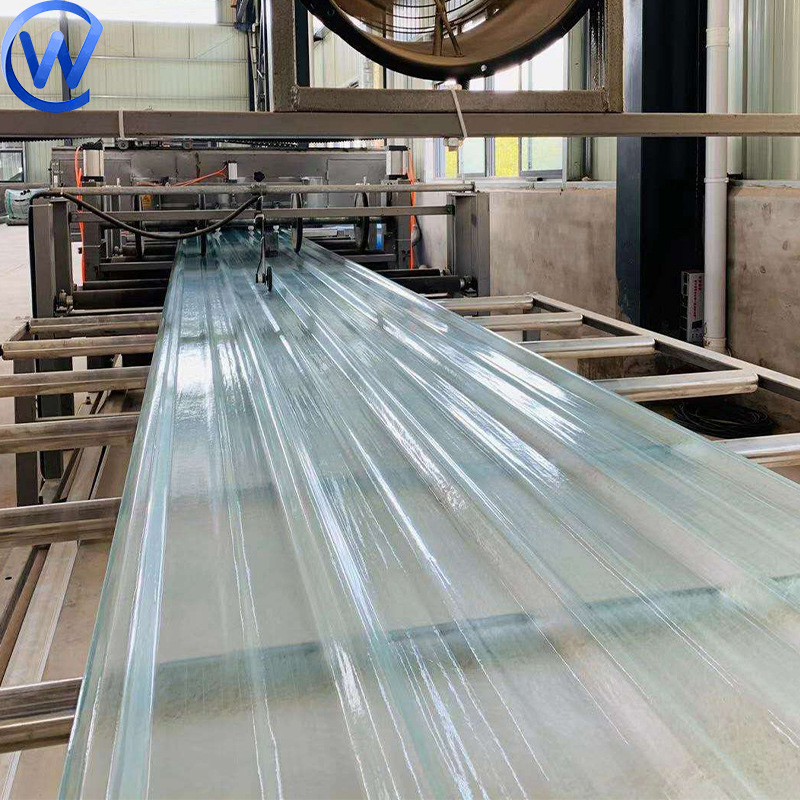
Key Market Drivers:
- Eco-friendly, recyclable materials compliant with ISO 14001
- Superior thermal insulation and energy efficiency
- Rise in non-residential projects (warehouses, factories, public infrastructure)
- Demand for long-lifespan and low-maintenance roofing solutions
2. Roof Tiles Specifications & Product Parameter Comparison
Below is a comparative overview of mainstream Roof Tiles products by composition, dimensions, and performance. The following parameters are based on standardized industry references and leading suppliers.
| Parameter | Clay Roof Tiles | Concrete Roof Tiles | Metal Roof Tiles | Ceramic-Coated Steel Tiles | Bitumen Roof Tiles |
|---|---|---|---|---|---|
| Standard Size (mm) | 300×400 | 330×420 | 350×410 | 330×415 | 320×400 |
| Thickness (mm) | 10-16 | 10-14 | 0.4-0.9 | 0.5-0.8 | 2.6-3.5 |
| Unit Weight (kg/m2) | 36-53 | 43-55 | 4.9-7.2 | 5.5-7.8 | 8.4-11.3 |
| Compressive Strength (MPa) | 20-44 | 32-48 | NA | NA | NA |
| Flexural Strength (MPa) | 8.5-13 | 10-15 | >150 | >180 | 12-16 |
| Service Life (years) | 50-80 | 40-60 | 40-70 | 50-80 | 12-18 |
| Corrosion Resistance | Good | Medium | Excellent | Excellent | Medium |
| Thermal Performance (W/m·K) | 0.73 | 0.91 | 40–60 | 45–55 | 0.25 |
| Test Standard | EN 1304 / ASTM C1167 | EN 490 / ASTM C1492 | ASTM A755 / ISO 12944 | ASTM A792 / ISO 9001 | EN 544 |
3. Roof Tiles – Manufacturing Process Explained
Roof Tiles fabrication integrates precision materials science, advanced machinery, and rigorous quality control to meet ISO & ANSI benchmarks. Here is the standard process for high-performance ceramic-coated steel Roof Tiles production:
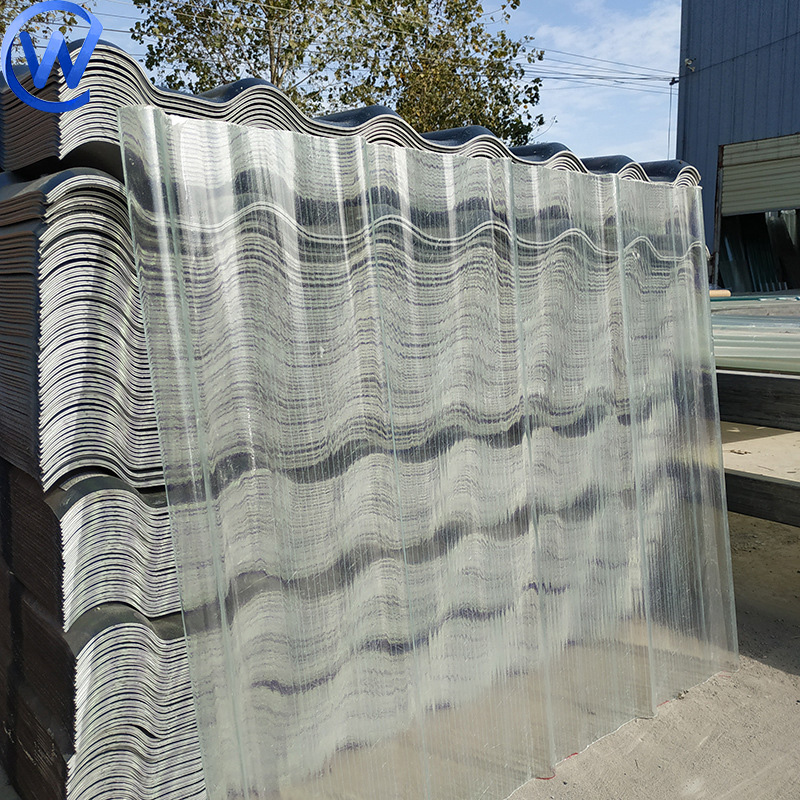
Process Flow:
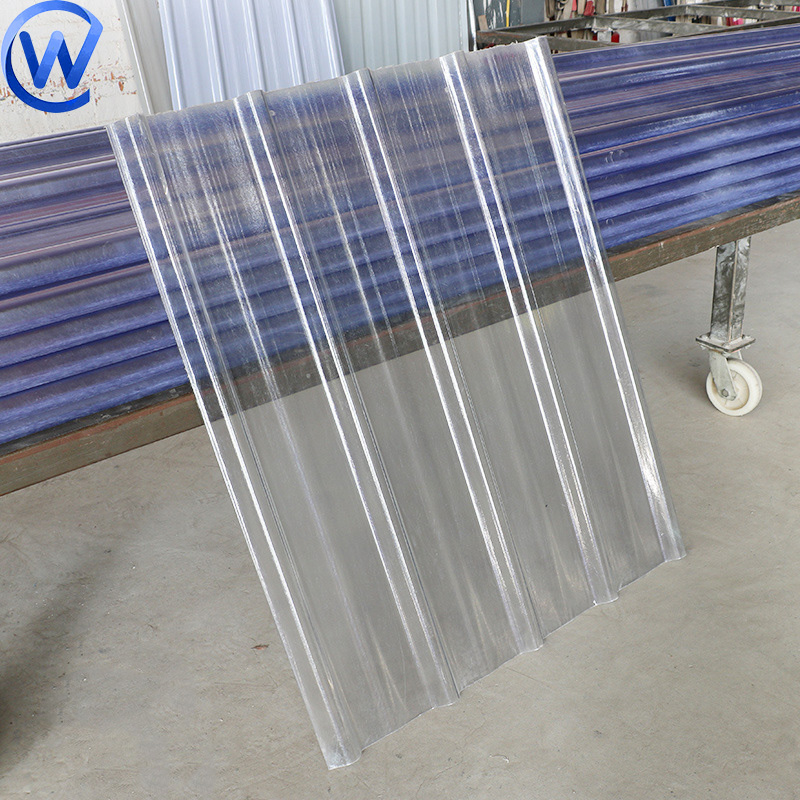
① Coil Preparation → ② CNC Sheet Cutting → ③ Roll Forming → ④ Press Molding → ⑤ Ceramic Micro-Coating (ISO12944/ANSI A137.1) → ⑥ Curing & Baking (920℃) → ⑦ Visual & Mechanical Testing → ⑧ Packing & Traceability Coding.
Materials & Surface Options: Most modern Roof Tiles are made from high-tensile galvanized or Al-Zn steel (G550, AZ150 class), clay, concrete, or composite – all designed to surpass aging, water-absorption, and corrosion tests. High-tech coatings (PVDF, polymer, ceramic) ensure Roof Tiles offer exceptional color stability and chemical resistance.
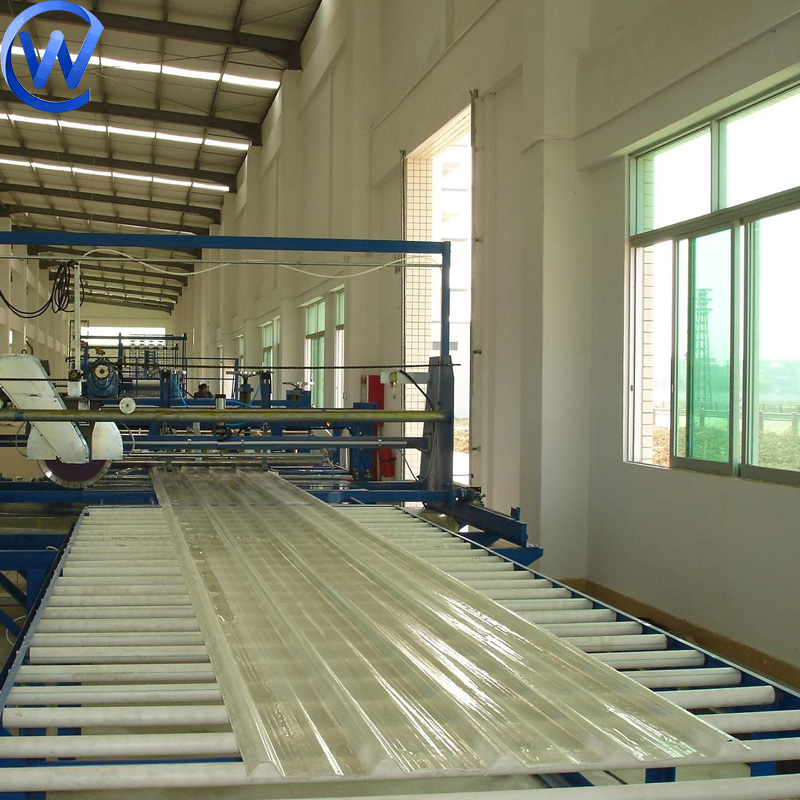
Each production batch is inspected under ISO 9001:2015 & ANSI A137.1 protocols for dimension accuracy, bonding strength, impact resistance, and weathering, with average lifespan in natural service exceeding 50 years.
Technology Edge: Real-time CNC control, robotic material handling, and advanced coating lines mean modern Roof Tiles deliver consistent tolerances (±0.3mm) and minimize waste (
4. Advantages and Application Scenarios of Roof Tiles
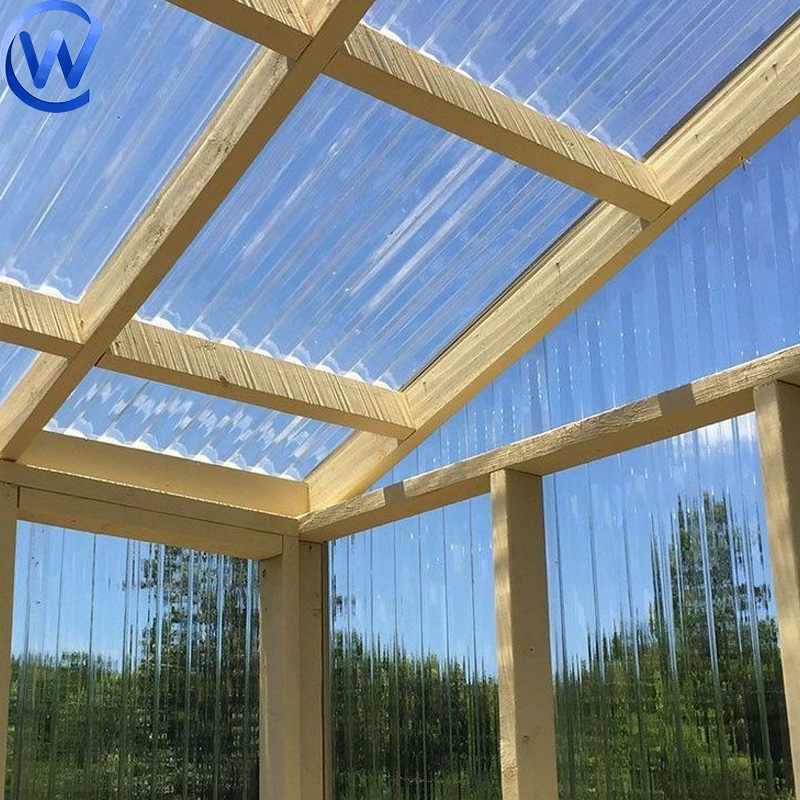
- High Resistance to Weathering: With advanced anti-corrosion and hydrophobic coatings, Roof Tiles withstand >2000h salt spray tests (per ISO 9227).
- Thermal & Acoustic Insulation: Up to 35% better insulation compared to traditional materials – tested under ASTM C1055.
- Fire & Chemical Resistance: Non-combustible (A2-s1-d0 by EN13501), with durable finish against acid rain & industrial fumes.
- Lightweight and Modular: Speeds up rooftop installation by 26-32%, reduces substructure cost.
- Design Versatility: Customizable colors, shapes, interlocking types (S, Flat, French, Pantile).
- Eco-Friendly: Over 98% recyclable; low manufacturing emissions, complying with ISO 14001.
Application Scenarios:
- Industrial Facilities (Chemical, Metallurgy, Mineral Processing)
- Petrochemical Plants (Resistant to corrosive environments)
- Residential Complexes, Heritage Buildings (Aesthetic & functional upgrade)
- Public Projects: Water treatment, transport hubs, stadiums
- Warehousing, Agricultural Structures

User Testimonial (Shanghai Waterworks, 2022): “Upgrading to Roof Tiles from conventional sheet metal resulted in 47% lower maintenance cost, and zero corrosion failures over 3 years—providing peace of mind in critical pump facilities.”
5. Roof Tiles: Manufacturer Benchmarking & Factory Capabilities
Key manufacturers worldwide adopt highly automated and ISO-certified processes. Here is a comparison of select global suppliers by core technical and service parameters (updated Q1-2024):
| Company | Core Product | ISO Certification | Annual Capacity (m2) | Delivery (days) | Customization | Warranty |
|---|---|---|---|---|---|---|
| Monier Group | Ceramic Roof Tiles | 9001, 14001 | 765,000,000 | 12–16 | Yes | 30 yrs |
| Wienerberger | Clay, Concrete, Metal Tiles | 9001 | 533,000,000 | 16–22 | Yes | 20 yrs |
| Tegola Canadese | Bitumen Tiles | 9001, 14001 | 134,000,000 | 10–14 | Yes | 15 yrs |
| GalvanizedMeshProducts | Steel & Ceramic-Coated Steel | 9001, 14001, 45001 | 240,000,000 | 7–21 | Yes | 35 yrs |
Leading Roof Tiles manufacturers invest in robotic lines, automated GL/PVDF coating equipment, and continuous R&D—ensuring high pass rates (98%+) and quick prototyping for custom requirements. All products meet or exceed industry benchmarks (EN, ASTM, GB, ISO).
6. Roof Tiles Customization & Engineering Support
Roof Tiles solutions can be tailored in:
- Size & Profile: Length, thickness, and tile curvature adapts to project needs (S-type, wave, flat, roman profiles supported).
- Material: Galvanized, Galvalume, Al-Zn alloys, with optional fire-resist/multilayer coatings.
- Finish: Color choices (RAL, Pantone), textures (sand, smooth, matte), anti-slip or self-clean formulas.
- Structural Detailing: Interlocking edges, concealed fixings, integrated guttering or rainwater channels.
BIM & CAD Support: Full design assistance is available with CAD, Revit, or Tekla format output for streamlined integration.
Fast Prototyping: Factory can deliver roof tile samples or engineering prototypes within 7–14 days upon drawing confirmation.

7. Typical Roof Tiles Application Cases
- Petrochemical Plant, Tianjin: Used corrosion-resistant ceramic-coated steel Roof Tiles (53,000 m2) with ISO 9227 certified coating, achieving >30% lower maintenance cost over 5 years.
- Public Stadium, Madrid: Installation of modular interlocking Roof Tiles (Red S-profile, anti-slip) for a 7,200 seat stadium – speeded up work by 40% vs traditional slate.
- Water Processing Plant, Malaysia: Composite metal tiles improved resistance to chemical fumes, eliminating corrosion failures entirely since 2019.
- Heritage Hotel, Istanbul: Flat clay Roof Tiles restored architectural integrity, while advanced underlay achieved BREEAM “Excellent” rating.
FAQ: Professional Roof Tiles Technology & Use
Q1: What are the main material standards for Roof Tiles?
A: Roofing tiles are produced under EN1304 (clay), EN490 (concrete), ISO 12944, and ASTM A755/A792 (metal/ceramic steels), ensuring dimensional accuracy, weather resistance, and chemical stability.
A: Roofing tiles are produced under EN1304 (clay), EN490 (concrete), ISO 12944, and ASTM A755/A792 (metal/ceramic steels), ensuring dimensional accuracy, weather resistance, and chemical stability.
Q2: What thickness and weight ranges are recommended for different Roof Tiles types?
A: Thickness varies: clay/concrete (10–16mm, 36–55kg/m²), metal/ceramic steel (0.4–0.9mm, 5–8kg/m²), bitumen (2.6–3.5mm, 8–10kg/m²). Project specs should align with structural and climatic demands.
A: Thickness varies: clay/concrete (10–16mm, 36–55kg/m²), metal/ceramic steel (0.4–0.9mm, 5–8kg/m²), bitumen (2.6–3.5mm, 8–10kg/m²). Project specs should align with structural and climatic demands.
Q3: What is the standard installation pitch for Roof Tiles?
A: Standard pitch is 17–35°, but some interlocking tiles allow as low as 9°. All products must comply with local codes and wind-uplift (>RB-8301, Eurocode EN 1991-1-4) tests.
A: Standard pitch is 17–35°, but some interlocking tiles allow as low as 9°. All products must comply with local codes and wind-uplift (>RB-8301, Eurocode EN 1991-1-4) tests.
Q4: How is Roof Tiles corrosion resistance tested?
A: By ISO 9227 salt spray and ASTM G85 accelerated corrosion tests, simulating decades of harsh environmental exposure.
A: By ISO 9227 salt spray and ASTM G85 accelerated corrosion tests, simulating decades of harsh environmental exposure.
Q5: What certifications should a reliable Roof Tiles factory hold?
A: Leading factories hold ISO 9001 (quality), ISO 14001 (environment), and ISO 45001 (occupational health & safety). Some may have CE, BBA, FM or ETA certification for export markets.
A: Leading factories hold ISO 9001 (quality), ISO 14001 (environment), and ISO 45001 (occupational health & safety). Some may have CE, BBA, FM or ETA certification for export markets.
Q6: What is the typical delivery time for Roof Tiles?
A: Standard batch: 7–21 days; customized color/shape: up to 4 weeks. Large or unique projects may involve 6–8 week lead times to allow for production alignment.
A: Standard batch: 7–21 days; customized color/shape: up to 4 weeks. Large or unique projects may involve 6–8 week lead times to allow for production alignment.
Q7: What warranty and after-sales service are standard for Roof Tiles?
A: Warranties range 10 to 35 years (typical for GalvanizedMeshProducts Roof Tiles). After-sales usually covers on-site guidance, spares, and annual inspections; remote tech support is available in most cases.
A: Warranties range 10 to 35 years (typical for GalvanizedMeshProducts Roof Tiles). After-sales usually covers on-site guidance, spares, and annual inspections; remote tech support is available in most cases.
8. Delivery Times, Warranty, and Customer Support
- Lead Time: Standard tiles produced within 7–21 days from confirmed drawing; expedited production and shipping available for urgent projects.
- Warranty: 10–35 years, depending on material and application, full documentation issued upon shipment.
- QC Protocol: Full batch traceability, 100% dimensional & aesthetic inspection following ISO 9001 flow charts.
- Technical Service: Pre-sale material analysis, CAD optimization, on-site or remote installation guidance, sample tiles delivered for project approval.
- Trust Commitment: All sales terms protected by multi-language contracts and full post-installation support, supported by international third-party inspection agencies.
9. Summary: Why Roof Tiles Remain the Optimum Roofing Solution
Roof Tiles combine robust technical properties, customizable options, proven safety standards, and service-backed warranties, providing an ideal long-term solution for demanding architectural, industrial, and public-sector projects. Their adoption supports sustainable building targets and cuts lifecycle costs.
For more expert insights and peer discussions, refer to:
- Engineering Tips Forum: Roof Systems
- Journal of Materials Science, Coatings & Construction
- ScienceDirect: Industrial Roof Tile Performance
- Wienerberger: Roofing Innovations
*All data compiled from public standards, peer-reviewed engineering journals, and direct supplier disclosures. Third-party test links and further data available on request.
Latest news
-
Premium Roof Tiles for Durable & Stylish Roofing Solutions
NewsJul.30,2025
-
High-Quality Roof Tiles for Durable & Stylish Roofing Solutions
NewsJul.29,2025
-
High Quality Square Wire Mesh Manufacturer & Supplier for Wholesale
NewsJul.29,2025
-
Premium Roof Tiles for Durable & Stylish Roofing Solutions
NewsJul.29,2025
-
Hexagonal Gabion for Slope Protection & Retaining Walls | Durable Wire Mesh
NewsJul.29,2025
-
3D Curved Welded Wire Mesh Fence for Secure & Stylish Fencing Solutions
NewsJul.28,2025



